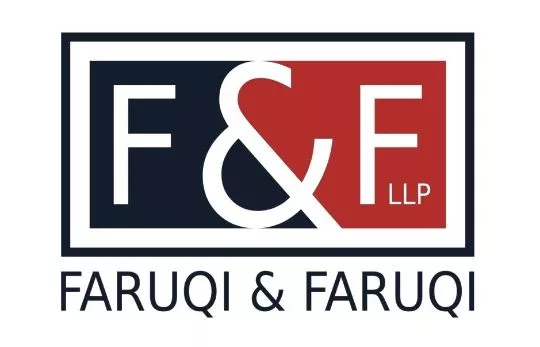On May 1, 2023, the Justices of the U.S. Supreme Court granted a petition for a writ of certiorari filed by a former UBS Securities LLC ("UBS" or the "Company") researcher, Trevor Murray. As such, the Supreme Court will soon hear argument in the whistleblower retaliation lawsuit filed by Murray against UBS, Murray v. UBS Securities, LLC. At trial, the jury returned a $1.7 million verdict in favor of Mr. Murray, finding that his whistleblowing activity was a "contributing factor" to the Company's decision to fire him-applying the current, applicable standard under the Sarbanes-Oxley Act ("SOX"). However, the verdict was overturned by the Second Circuit Court of Appeals, which held that the jury should have been instructed to determine whether Mr. Murray had proven by a preponderance of the evidence that UBS fired him because of his whistleblowing activity, rather than assessing the claim under the "contributing factor" standard, which has been uniformly applied in SOX whistleblower lawsuits up until now. In other words, the Second Circuit heightened the burden for plaintiffs to prove causation under SOX.
Indeed, the Second Circuit's decision represents an about-face, diverging from the more lenient "contributing factor" standard that has been applied by lower courts in the Second Circuit for years, and which the Fourth, Fifth, Ninth, and Tenth Circuit Courts of Appeal continue to apply to SOX retaliation claims.
Now, in comes the Supreme Court, who has agreed to hear argument on and ultimately address the applicable burden of proof under SOX, which will resolve the newly-created split among the Circuit Courts. The implications of the Supreme Court's eventual ruling will be massive and may not implicate only SOX, but also numerous other industry-specific federal whistleblower statutes that apply the same standard, with each modeled after the other. The Second Circuit's rationale for deviating from the standard deliberately set by Congress across various whistleblower statutes remains unclear. In any event, if the Second Circuit's approach is co-signed by the Supreme Court, it will make it more difficult for whistleblowers in the securities industry to prove their claims-and may eventually have the same effect on whistleblowers in the nuclear energy, railway, and aviation industries, among others.
In addition to vocal support from the plaintiffs' bar and workers' rights advocates, Senators Chuck Grassley (R-Iowa) and Ron Wyden (D-Ore.), who lead the Senate Whistleblower Protection Caucus, filed a bipartisan amicus brief urging the Supreme Court to stay the course and uphold the standard long-applied to claims under SOX and more than a dozen other federal whistleblower protection statutes that create "virtually identical legal burdens."
In light of the potential heightening of the bar for SOX
plaintiffs, it bears noting that New York State recently amended the New York Labor Law to create a general
prohibition against whistleblower retaliation, and several
other states like New Jersey have had similar
employee-friendly laws on the books for years.
The content of this article is intended to provide a general guide to the subject matter. Specialist advice should be sought about your specific circumstances.


